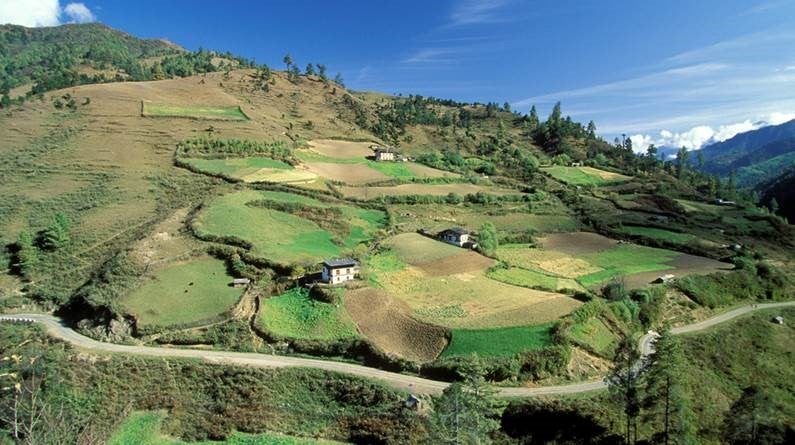When you think of Bhutan, you typically think of the tall mountains of the Himalayas, or you think of this nation adding the ‘Gross National Happiness’, or GNH indicator onto the global development agenda. Well, from now on, you can also think of Bhutan as the first country in the world to have one of their agencies approved to apply “alternative procurement arrangements” or APAs. This may sound trivial in comparison to 7,500 meter high peaks or collective happiness in the Dragon Kingdom. But for the way we do procurement at the World Bank, it’s a real breakthrough and an important step towards becoming a better Bank. 
APAs, an agreement that allows borrowers to adopt their own procurement arrangements or those of other multilateral development banks in lieu of the Bank’s, is a bold step in helping countries strengthen their national institutions. Improving systems is central to making sure that all government programs and projects – no matter the source of financing – make the best use of resources in a way that is both transparent and efficient.
What does the use of APAs mean for the Kingdom of Bhutan? This means that, Thimphu Thromde, an agency under the country’s Ministry of Works and Human Settlement responsible for governance of and municipal services in the capital city, has been approved for the use of their procurement arrangements on a case-by-case basis for Bank-financed investment projects. This will be reflected in the project documentation where it is agreed that using the Thimphu Thromde’s procurement arrangements is the best approach to deliver developmental objectives.
You may wonder, why Thimphu Thromde? Well, quite simply put, they have a strong track record. Thimphu Thromde has been one of the major implementing agencies for Bank-funded operations since 1999. It is considered one of the highest performing agencies from a procurement perspective in Bhutan. It’s not only one of the best in Bhutan, but as the first APA, it will be among the best on a global scale. This is impressive. It comes nowhere close to the breathtaking landscape of this small nation, but nevertheless, it’s still quite the feat.
Thimphu Thromde is a true pioneer in this space. In July 2015, when the Bank’s Board of Directors approved the use of APAs as part of the Bank’s new procurement framework, there were clear requirements in place for eligibility. For borrowers, the implementing agency is assessed to ensure they have the right laws, regulations, and capacity to meet the Bank’s requirements. The APA assessment identified that Thimphu Thromde fulfilled these conditions, and every two to three years, the agency will be reviewed to ensure that they still meet the standards.
Ultimately, one of the most important goals of APA is to strengthen a country’s national procurement system. As strong as Bhutan’s public procurement program may be, the country authorities have continued to push the envelope. They’ve committed to further strengthening the capacity of the country’s procurement system, which will reap benefits well beyond any Bank-financed project.
This is just the beginning. I am sure that we will soon see more agencies being assessed for the possible use of APAs. And while this will not necessarily improve Bhutan's GNH index, it will certainly make for more satisfied clients and overall stronger capacity in procurement across the board.


Join the Conversation
This is a great beginning to provide flexibility in operations and will positively add to GNH.